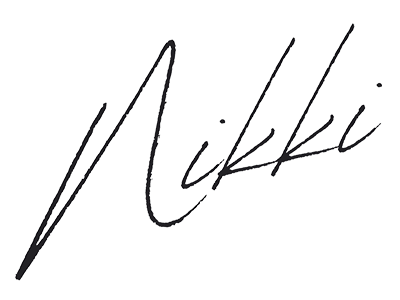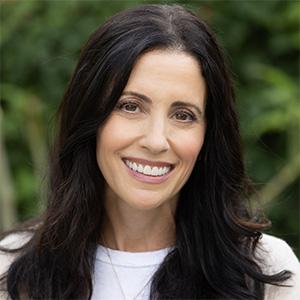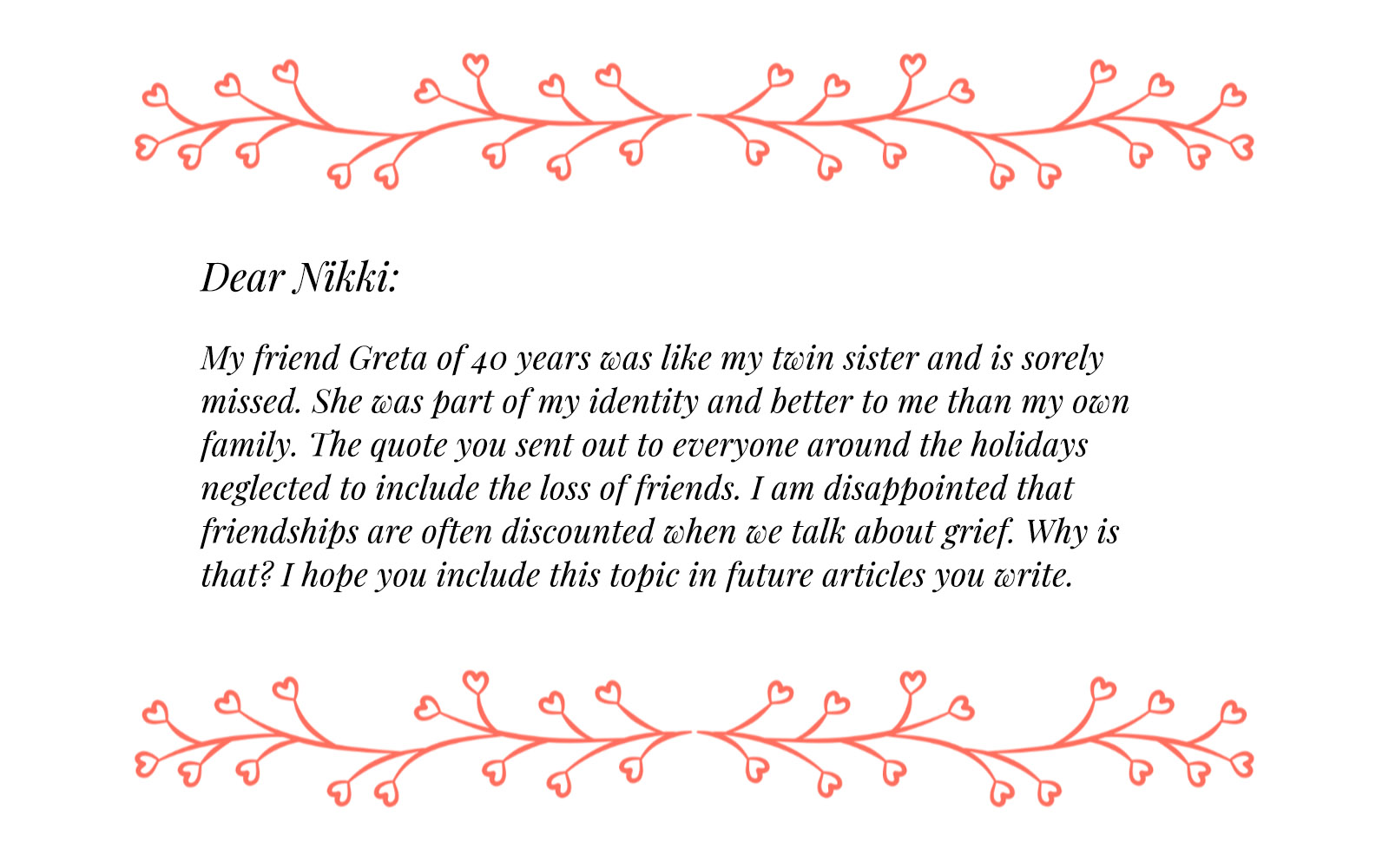I always love hearing from you and do my very best to respond to the many questions I receive. Sometimes, I feel that your questions and my answers will also benefit others. This is one of them.
Today’s question was submitted by Vanetta S., in Liverpool, England. It pertains to the loss of her dear friend, but my response applies to anyone who has had a beloved friend pass away. ❤️
Dear Nikki:
My friend Greta of 40 years was like my twin sister and is sorely missed. She was part of my identity and better to me than my own family. The quote you sent out to everyone around the holidays neglected to include the loss of friends. I am disappointed that friendships are often discounted when we talk about grief. Why is that? I hope you include this topic in future articles you write.
Dear Vanetta:
OMG, you are so right! That quote I forwarded to everyone at the end of last year did not acknowledge friends who have lost friends and how difficult the holidays can be for them, too. I have no idea why friends were not included, but I do have some thoughts about it.
First, a quick friendship story.
I remember my paternal grandmother, Mama, telling me about her most special friendships. She was an only child and considered her best friends to be more like sisters. Mama outlived all of them.
One day, she turned to me and said with a sigh, “Darling, I think God has forgotten about me.”
She loved her children and grandchildren in this world, but also deeply missed her soul sisters in the next.
At 96, she finally got to go be with them again.
Like you and Greta, Mama and her best friends were not technically “sisters” by blood, but they were sisters on a scale of love. Just like there are no words that can adequately describe the pain we feel when we lose someone we love too soon, there are sometimes no words that can adequately describe the depths of our relationships.
All this is to say that when you come across conversations about grief, maybe consider yourself part of the “sibling” group. Grief is messy. We truly only know our own kind. If Greta is a sister to you, then references to the loss of a sibling might be more applicable to you anyway.
But I realize this still doesn’t answer your question, and it is surprising that there is not enough acknowledgment of—and conversation around—the loss of close friends. So, I have another thought.
Bear with me on this one…
I believe that when we identify something that needs to be changed or improved in our world, we are being called to contribute to that change.
For example, one day a screenwriter friend told me she wishes there were more new comedy films in the world. So, I said, “Write a comedy.”
The look she gave me said, “I can’t do that.”
But I told her, if she, a screenwriter, didn’t write the kinds of films that she wanted to see, who would?
I don’t know if she will ever write that comedy, but the point is, she could.
Is it possible, Venetta, that given you are the one who has (quite correctly) identified the need for more acknowledgment of and support for friends who have lost friends, you are being called to produce them?
You might be thinking, “I can’t do that.”
But I’m here to tell you that you can.
I was not a writer before my son passed away; I was a businesswoman who helped develop and operate startup companies in Los Angeles. After losing my son, I had to find a new way to live. So, I became my own startup—and as part of my new venture, I began writing.
The more I wrote, the more I felt called upon to share everything I was learning and processing for the benefit of others in need. My brain told me that sharing my experience was a preposterous idea, but my heart saw no other path forward. So, here I am.
Having said that, I can see from our email exchange that you are a very strong writer. Your intentions are pure, and you are motivated by your love for Greta.
This makes you perfectly qualified for the job!
You might be thinking, “I’m no expert on loss, I’m the one seeking advice.” But serving and honoring those we love and miss is the best healing advice I can give to anyone who has lost a loved one, no matter who that person was and what word describes them.
So, it might be really healing and rewarding for YOU to be the one who wakes this world up to the conversation you’ve been trying to find.
The process of doing so will not only honor your Greta and connect you in new ways, but also help you process your grief and heal your heart at the very same time.
Think of the possibilities.
Maybe there is a short article you want to write and pitch to a third-party outlet that accepts open submissions. Maybe there is a short talk you want to give at a local grief organization that needs speakers. Maybe there is a local podcast on grief that welcomes this discussion.
Or maybe you simply want to write to grief experts you admire and explain why there is a need for them to better acknowledge and support the grief experienced by friends who have lost friends. I will certainly be more thoughtful about this moving forward.
There are so many first steps you can take. Maybe try one out and see how it feels.
Author Michael Meade says in his amazing book Water For Life that, “Hearing the … genuine wounds of a person makes life more bearable for others and nourishes the soul of whoever has ears to listen.”
The key, Meade says, is for stories to “reveal who a person has become, not just what happened to them.”
Like you and my grandmother Mama, we will all experience the loss of dear friends along the way, some of whom feel as much like family to us as actual family.
I think it would be amazing if you added your own touch to this important conversation. Given this is such a beautiful way to honor and continue your relationship with Greta, I have no doubt that her spirit thinks so too!

